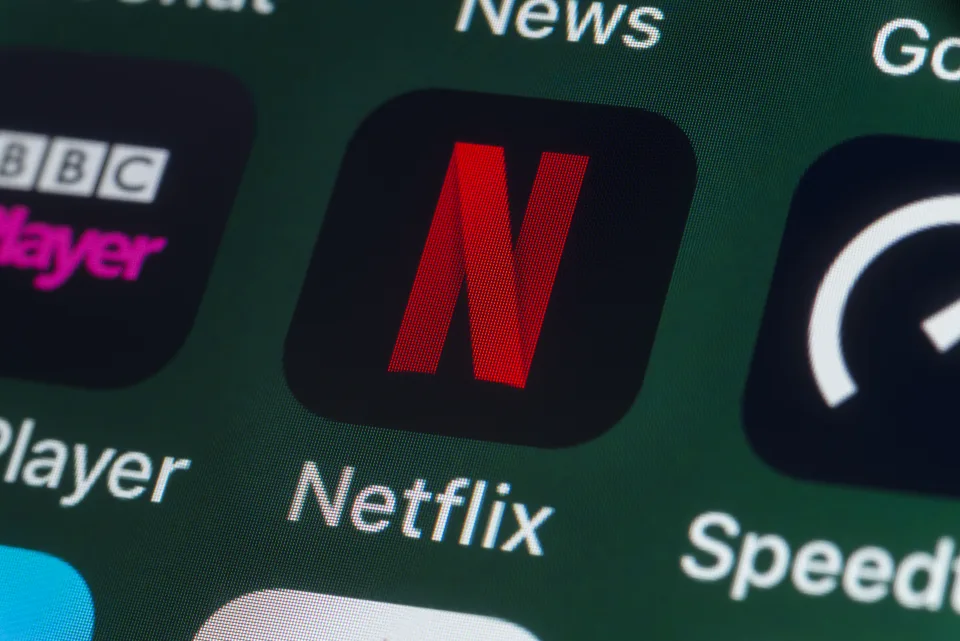Netflix’s (NFLX) controversial password sharing crackdown just hit the US.
On Tuesday, the company released a blog post with the news. In addition to the US, Netflix confirmed it will also be rolling out the crackdown across all regions around the world such as the UK, France, Germany, Mexico, Brazil, Singapore, Australia, among others.
“Netflix account is for use by one household,” the company wrote in the post. “Everyone living in that household can use Netflix wherever they are — at home, on the go, on holiday — and take advantage of new features like Transfer Profile and Manage Access and Devices.”
Netflix broadened its crackdown in early February to include countries like Canada, New Zealand, Portugal, and Spain, in addition to the test countries of Chile, Costa Rica, and Peru. It previously said “a broad rollout” of the policy would hit this quarter.
Netflix said it has listened to member feedback to develop the following features that give people who share Netflix beyond their household more choice and control:
- Manage Devices: Visit Manage Account Access page to review which devices are signed in to your account and sign out those you don’t want to have access.
- Transfer a profile. Anyone on your account can transfer a profile to a new membership that they pay for.
- Buy an extra member. You can share your Netflix account with someone who doesn’t live with you for $7.99/month more.
Netflix stock rose on the heels of the announcement before sinking 2%. Investors have questioned to what degree a password sharing crackdown may turn off users.
Despite many users expressing their concerns, Wall Street analysts have remained upbeat about the initiative, emphasizing its role as a longer-term growth driver, along with the platform’s recently launched ad-supported tier.
“We expect a lot of noise in 2Q23, and are being very conservative in our own modeling of churn in response to password crackdown,” Jefferies wrote in a note to clients late last month.
“However, we believe most of that churn will be somewhat impulsive, as it has minimal impact on the existing subscriber, and those members will return to the service over the course of 2023.”
Jefferies recommends “buying any dip associated with a conservative 2Q23 guide,” adding Netflix is poised to be the number one distributor in video content amid those longer-term revenue drivers while discipline around content spend will “jumpstart” margin and free cash flow expansion efforts.

